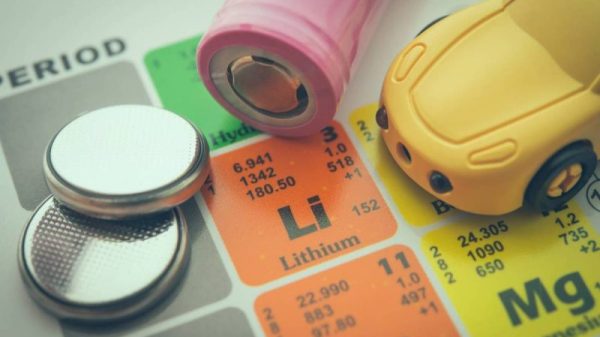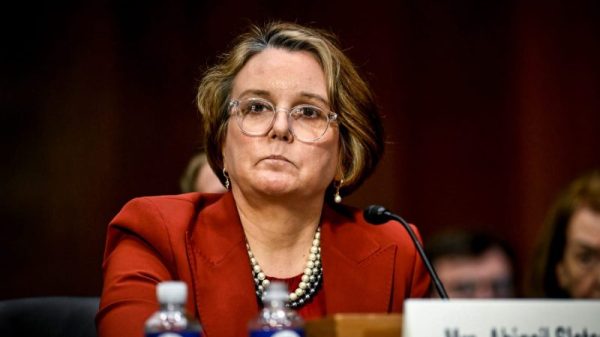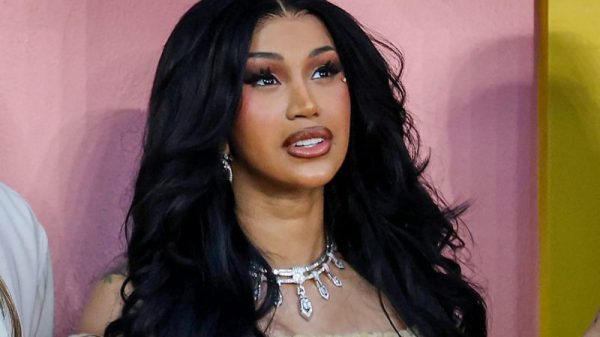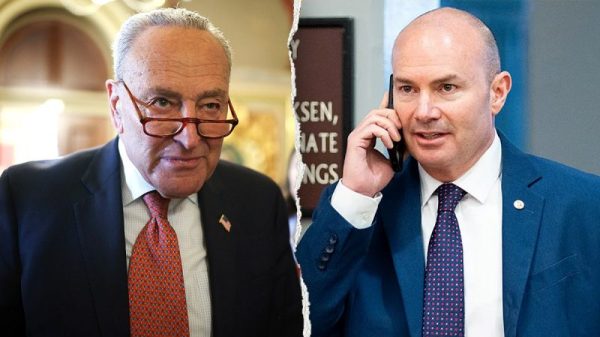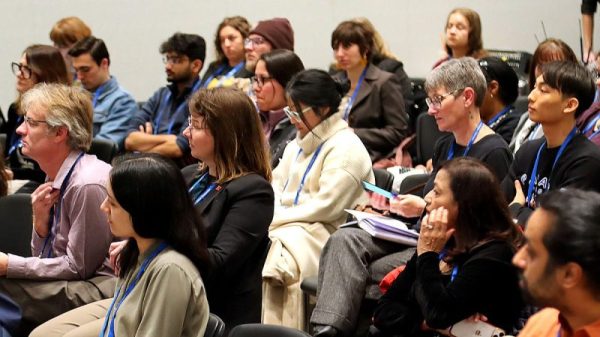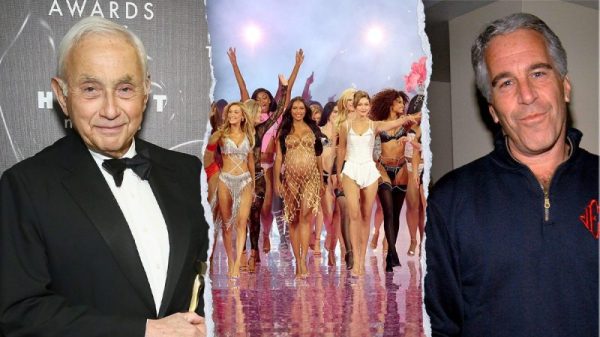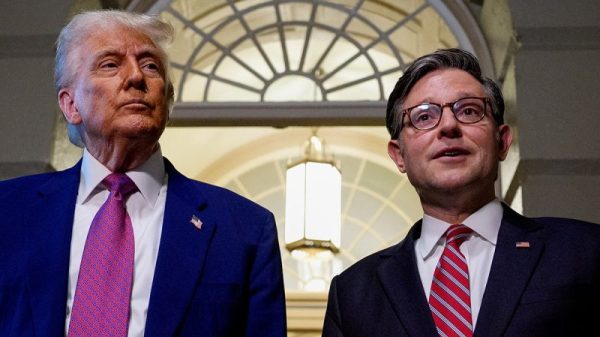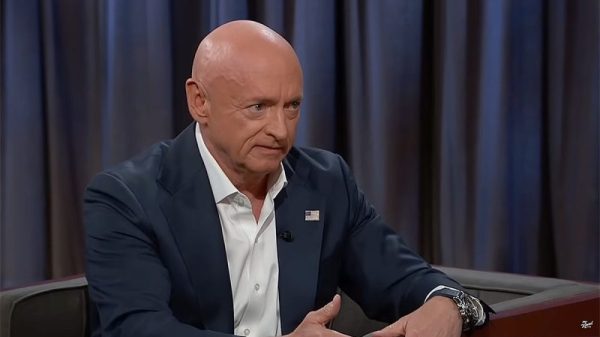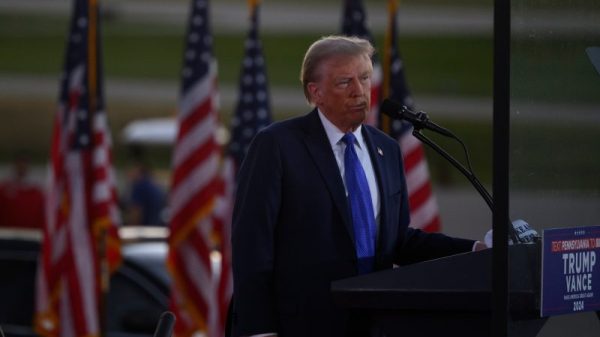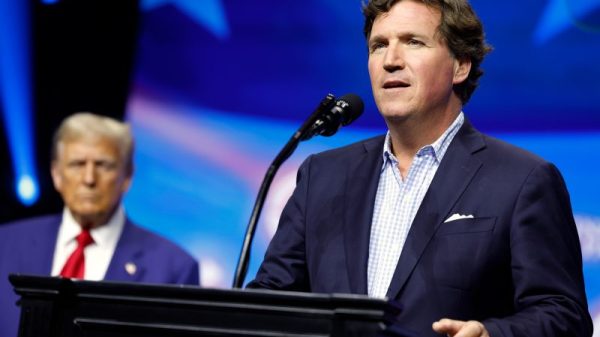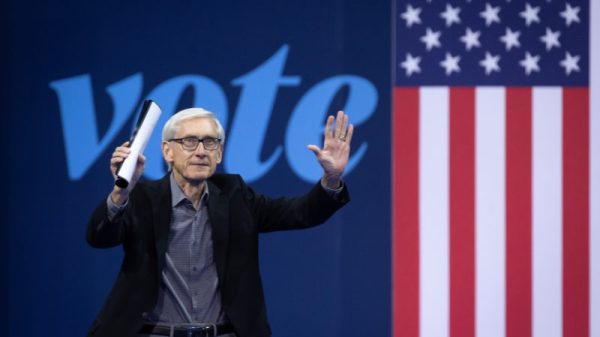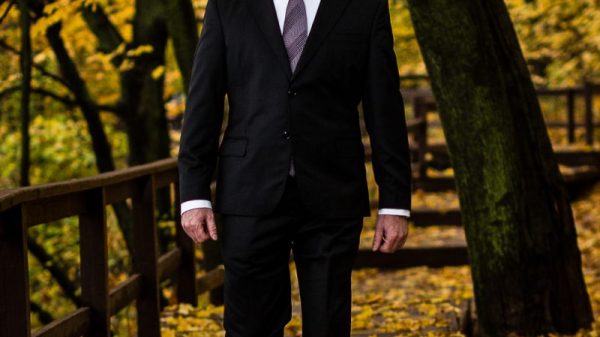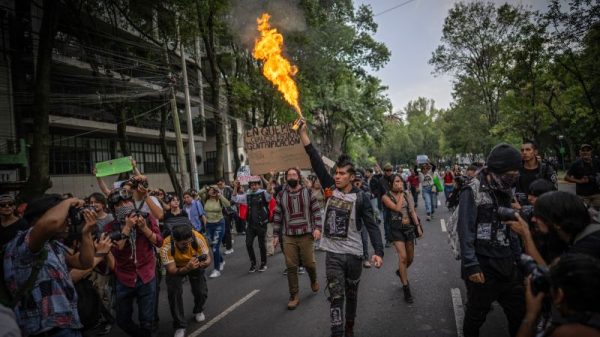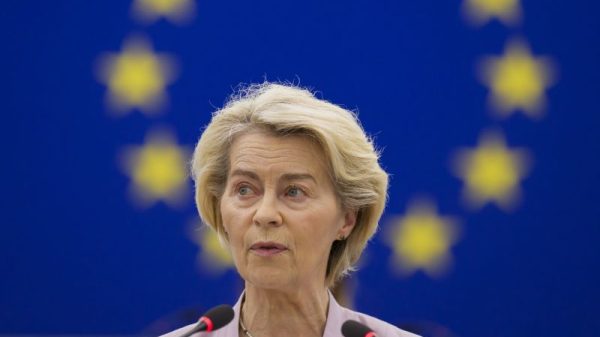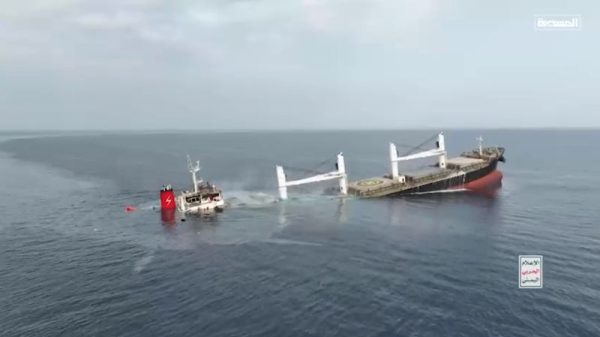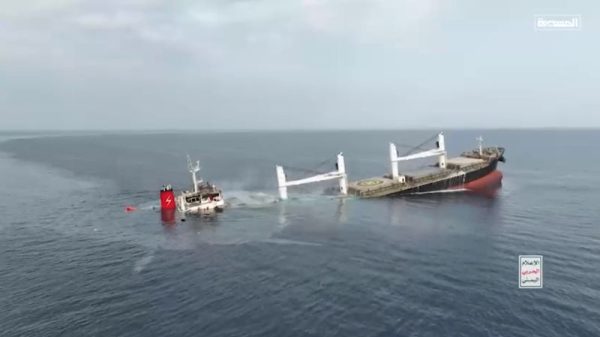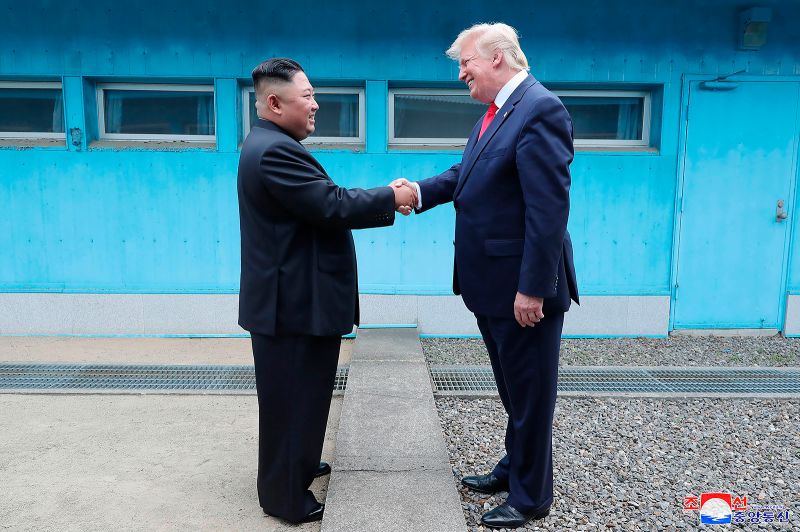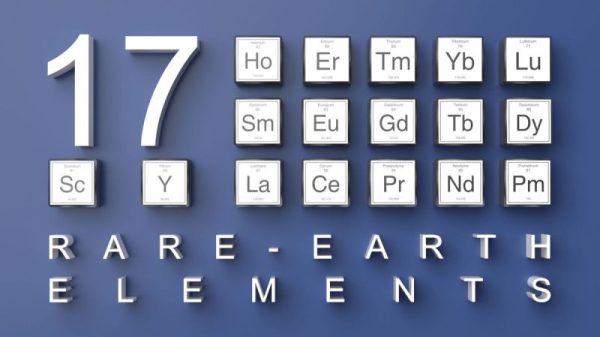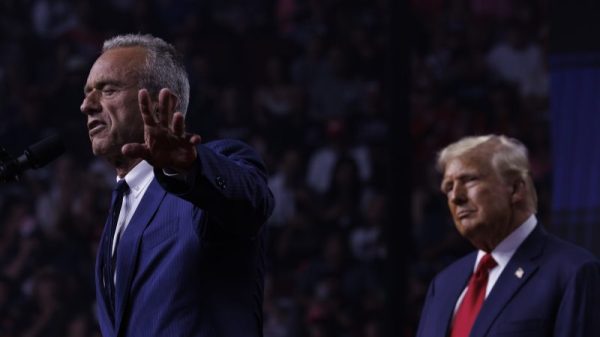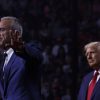No United States leader has handled relations with North Korea quite like Donald Trump.
The former president went from threatening Kim Jong Un with “fire and fury” if the North Korean leader continued testing missiles, to becoming his pen pal, meeting him in a series of unprecedented summits, and boasting that the two had fallen “in love.”
Now, that unlikely friendship will be put to the test. The former president is set to return to the White House at a moment of acute alarm among the US and its allies about Kim and the threat posed by his regime.
Pyongyang is believed to have sent thousands of troops and tons of munitions to Russia as Moscow wages war on Ukraine, in what Western leaders see as a major escalation. Days before Trump won the US presidential election, it lobbed another threat – testing an intercontinental ballistic missile with the range to strike anywhere in the United States.
On the campaign trail, Trump said Kim “misses” him and implied the country would not be “acting up” when he returns to office.
But the second Trump administration will face an emboldened and arguably more dangerous North Korean leader.
Kim – and potentially his arsenal – are now bolstered by burgeoning ties with Moscow, and he has hardened his stance toward the US and its ally South Korea after the failed diplomacy of the last Trump era.
That makes reaching an agreement between the two to rein in North Korea’s weapons program all the more challenging – and raises questions of whether Trump, known for his impulsive foreign policy, might seek to shift the goal posts on what the US wants to see from North Korea, experts say.
‘Closest comrade’
A series of 2018-19 meetings between Trump and Kim in Singapore, Hanoi and the demilitarized zone between North and South Korea created unprecedented optics for both leaders.
Then, the president of the world’s democratic superpower was pictured smiling and posing for photos alongside a typically isolated autocrat known for his ruthless rule over his people and drive to build sanctions-defying weapons as a means of preserving his regime.
For Trump, the meetings were a bid to accomplish what US presidents have repeatedly sought to do in other ways – curb Pyongyang’s rogue nuclear program. For Kim, they were both a chance to try to get relief from heavy international sanctions – and a rare opportunity to be granted such prestige on the world stage.
But talks ended without any breakthrough – with an abrupt ending to a 2019 summit in Hanoi amounting to what experts say was a huge loss of face for Kim.
Though the leaders met once more that year, Pyongyang has since refused to reengage with the US, experts say, and restarted weapons testing it had appeared to pause alongside that dialogue. While it has yet to initiate a nuclear test since 2017, Kim has recently vowed to increase the country’s number of nuclear weapons “exponentially.”
“The circumstances in which we must deal with North Korea have changed fundamentally compared to five years ago,” said Rachel Minyoung Lee, a senior fellow at the Stimson Center think tank in Washington.
She pointed to the “higher price tag” on North Korea’s nuclear and missile programs due to further advancements since Hanoi, as well as North Korea’s “foreign policy reorientation” after the collapse of that summit “set off a fundamental skepticism within the North Korean leadership circle about the strategic value of the United States.”
Kim over the past year has raised international concern by breaking with decades of policy toward South Korea – classifying it as a “permanent enemy.” He’s called on his army to accelerate war preparations in response to “confrontation moves” by the US – actions that came as the Biden administration strengthened ties and increased military drills with South Korea and Japan.
And then there’s the deepening of ties with Russia. The North Korean leader has met with his “closest comrade” Russian President Vladimir Putin twice since last September and inked a major defense pact in June.
Western officials have also warned of what they see as an emerging anti-West ‘axis’ of China, North Korea and Iran with Russia – a trope that, whether actualized or not, is likely to be welcomed by Kim as he seeks to reduce isolation and gain international clout.
“From Kim’s point of view, he has a lot more to gain economically, militarily, and diplomatically by aligning (North Korea) with China and Russia than by reengaging with the United States when the returns are so uncertain,” said Lee.
New breakthrough
All that raises the stakes for how Trump would engage Kim – and calls into question whether the autocrat would even be willing to sit down again – were Trump looking to rekindle the bromance.
But it was “unclear” how Kim would respond to new talks and if he would “get back to the pledge of denuclearization,” O’Brien said, referring to past pledges that never came to fruition. For the US, asking for anything less than denuclearization would be a “hard position” to take, he added.
In response to Trump’s comments that Kim missed him, North Korean state media over the summer said that they “do not care” who takes office in the US. The official position from Pyongyang appears to be that, regardless of what happens in the US, Kim’s nuclear weapons policy will continue.
Still, Kim’s fundamental goals – recognition by the United States as a de facto nuclear power and sanctions relief for economic development – are seen by many observers to remain.
That means the North Korean leader may look for benefit in Trump’s return.
Despite the Pyongyang leader seeing the US as untrustworthy, “Trump’s reelection is likely to encourage Kim Jong Un considerably – at the very least, it would allow him to reassert his personal friendship with Trump … and communicate with him,” said Eul-Chul Lim, director of the North Korea Research Center at Kyungnam University’s Institute for Far Eastern Studies (IFES) in Seoul.
Kim “is likely to capitalize on the fact that a stronger North Korea-Russia alliance would be beneficial to his bargaining power with the United States,” he said.
Whether Trump is interested in deal-making – and what kind of deal – is another question.
Some observers have raised concern that he may seek to water down US demands in favor of getting a coveted deal – or else could ramp up tensions again.
“Trump can be unpredictable… and his style during his first term is not an entirely accurate indicator of future behavior. We will have to see if Trump 2.0 still wants to cap and eventually roll back North Korea’s nuclear weapons program,” said Duyeon Kim, a Seoul-based adjunct senior fellow at the Center for a New American Security.
“The worst scenario is if Kim convinces Trump 2.0 to scrap denuclearization and even be okay with North Korea advancing its nuclear weapons capability indefinitely,” she said.
Geopolitical fault lines
But hardening geopolitical fault lines since Trump’s last term in office have also fundamentally changed the ground upon which any US-North Korea engagement could be laid.
Putin’s war in Ukraine has driven Russia closer not only to North Korea but also to China – the US’ main geopolitical rival.
Even as Trump has expressed admiration for Putin – and a skeptical view of US alliances such as those with NATO, Japan and South Korea – there are likely to be limits to how far he can reshape those relationships if he seeks to counter Beijing.
Trump will also be dealing with a very different South Korea, where a conservative Yoon Suk Yeol government has emerged as a strong US partner in ramping up deterrence against North Korea – and is unlikely to encourage Trump to meet with Kim without a clear path to Pyongyang’s denuclearization.
“The likelihood of the US abandoning South Korea is low, not least given the gravity of the threat from North Korea, Russia, and, of course, China,” said Edward Howell, a lecturer in politics at the University of Oxford in the United Kingdom, who focuses on the Korean Peninsula.
And “even if leader-to-leader dialogue may catalyze some very short-term reduction in tensions – it is difficult to believe that Pyongyang will make any significant concessions on the ‘treasured sword’ of its nuclear program,” he said.




